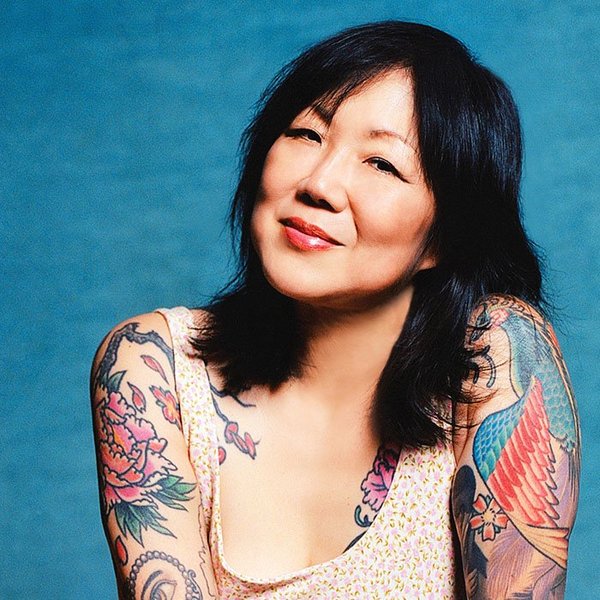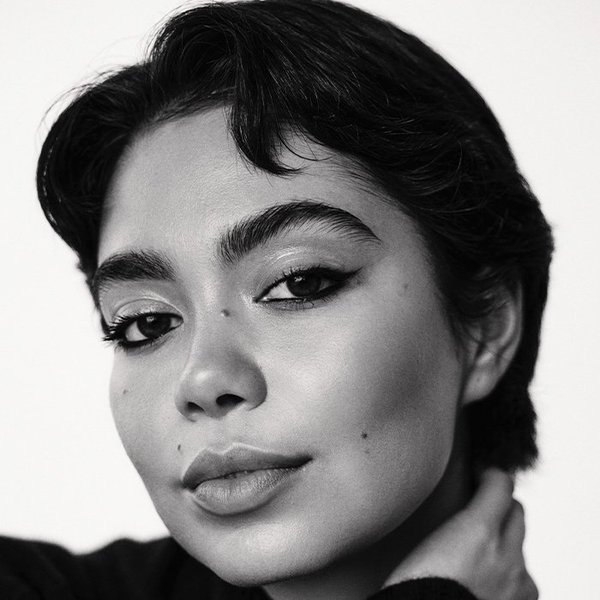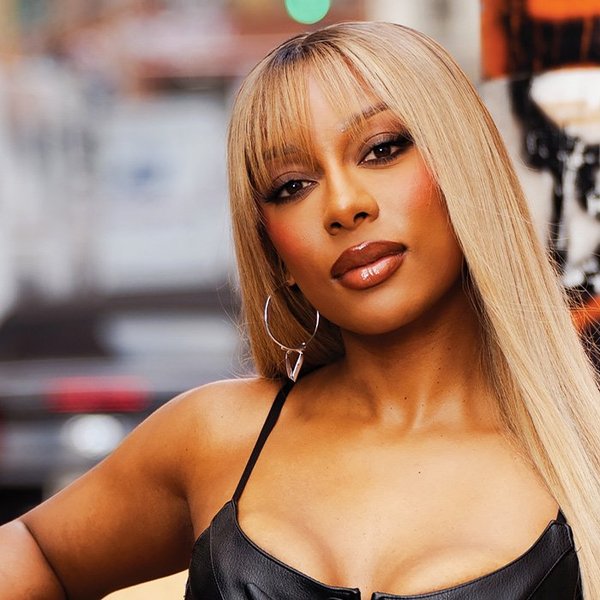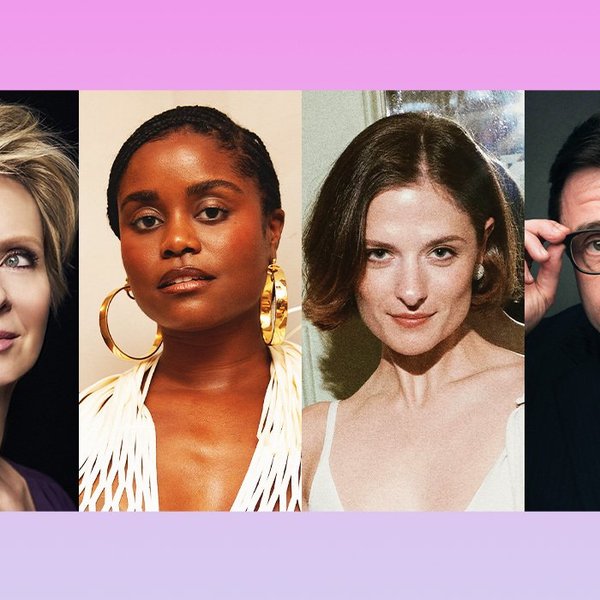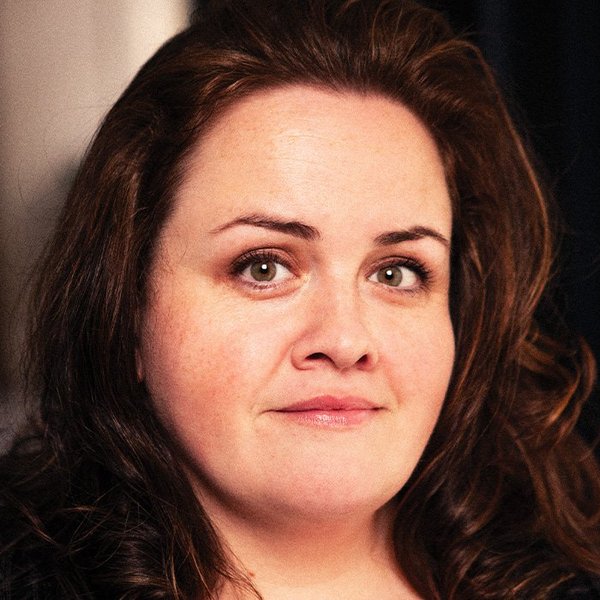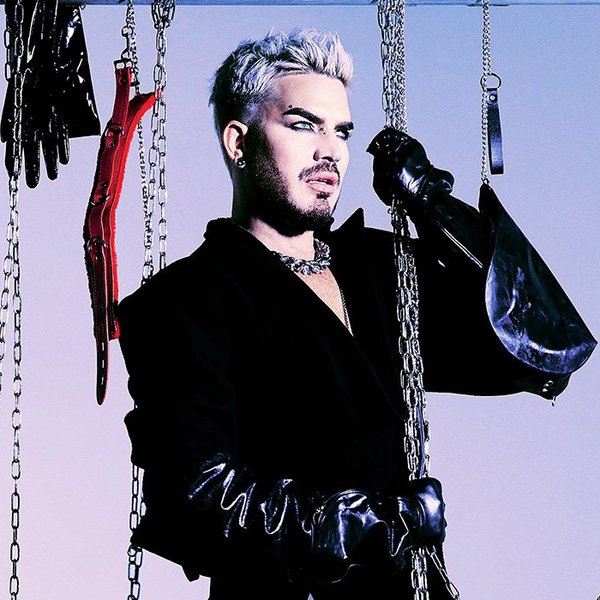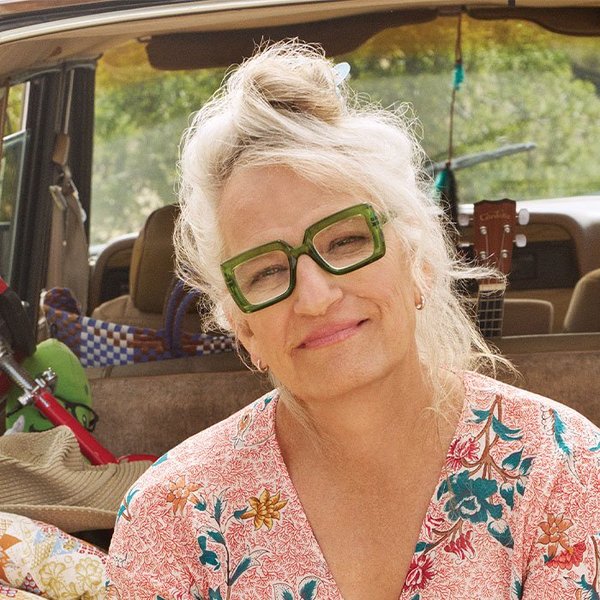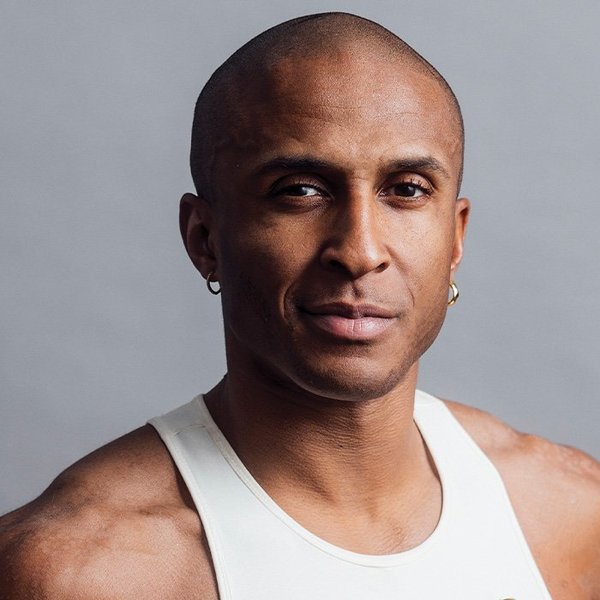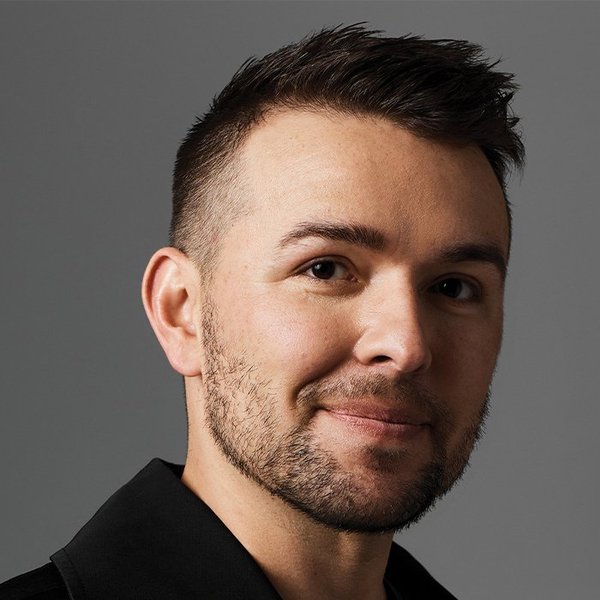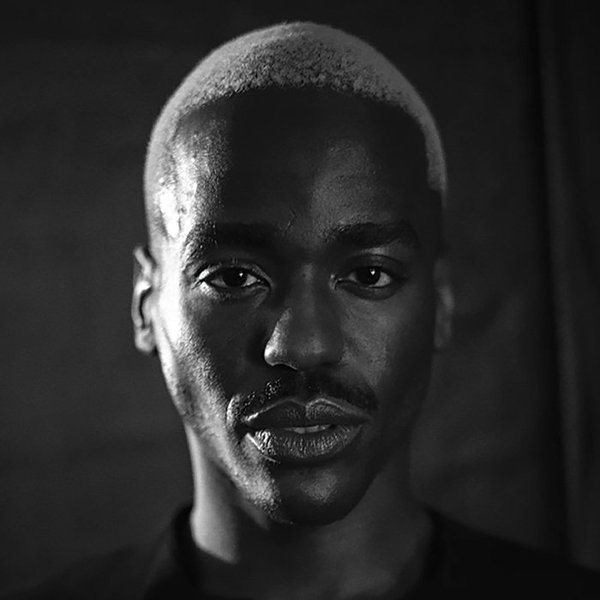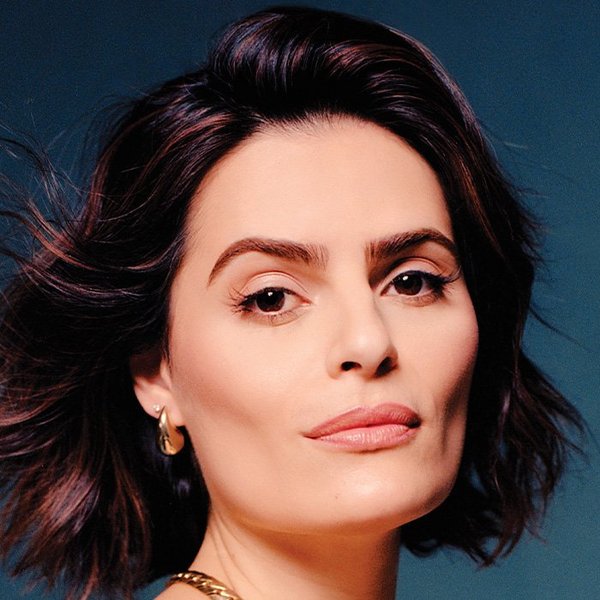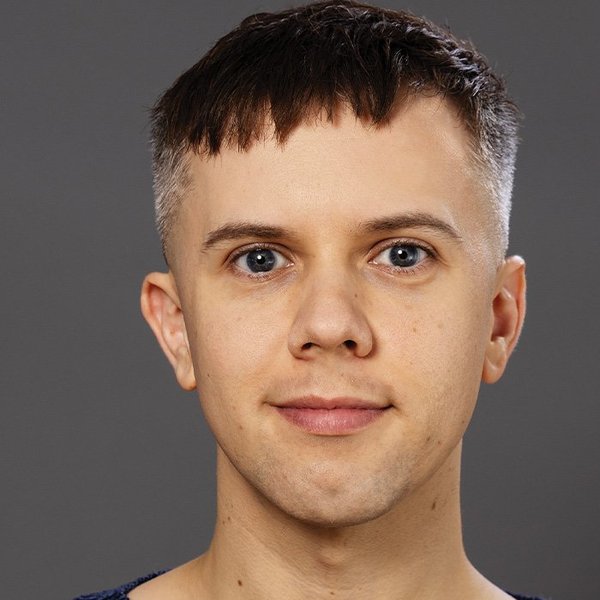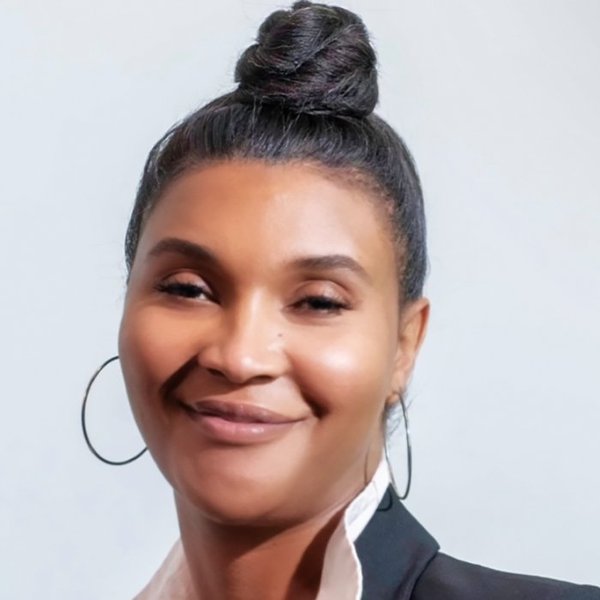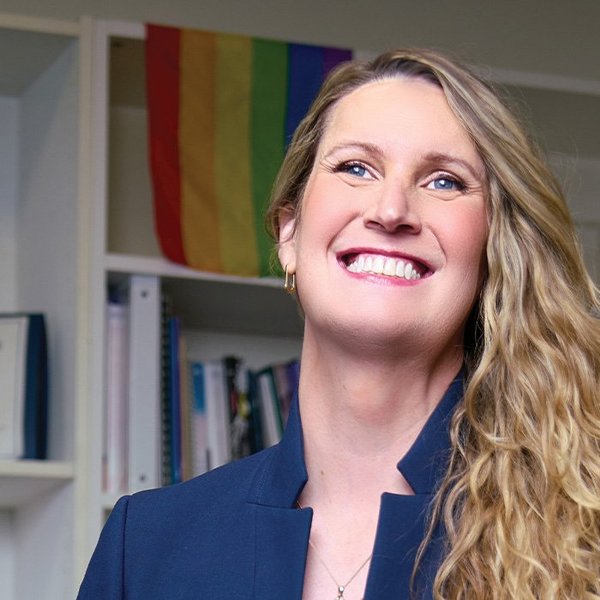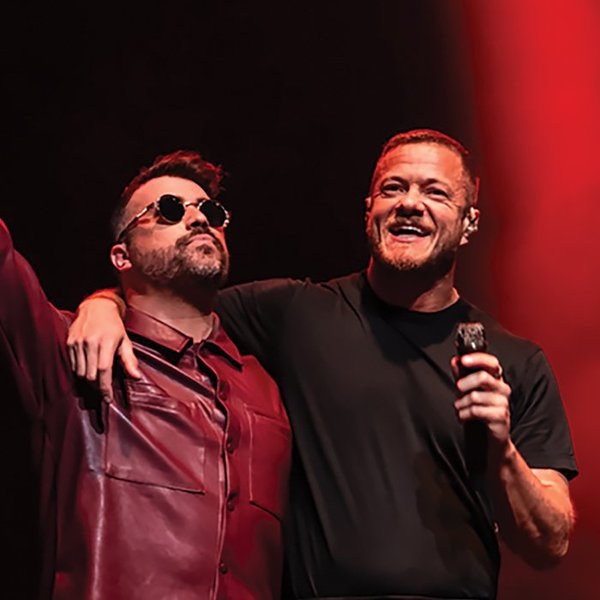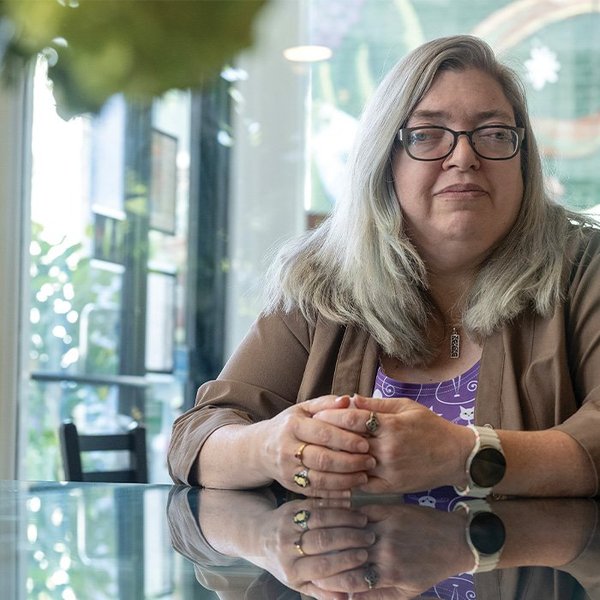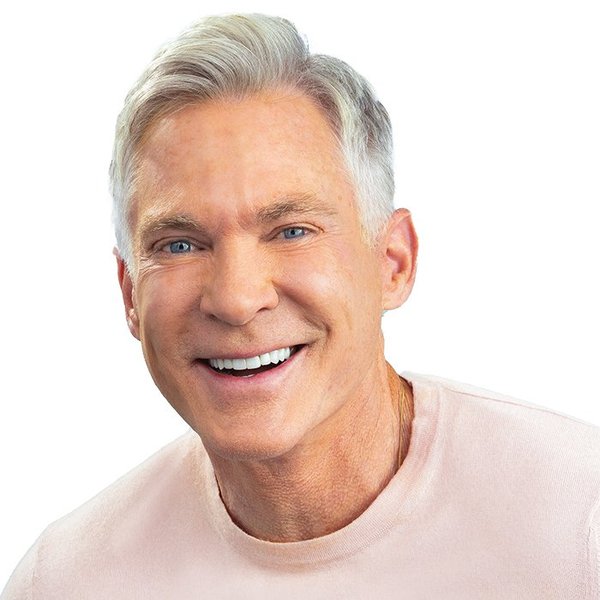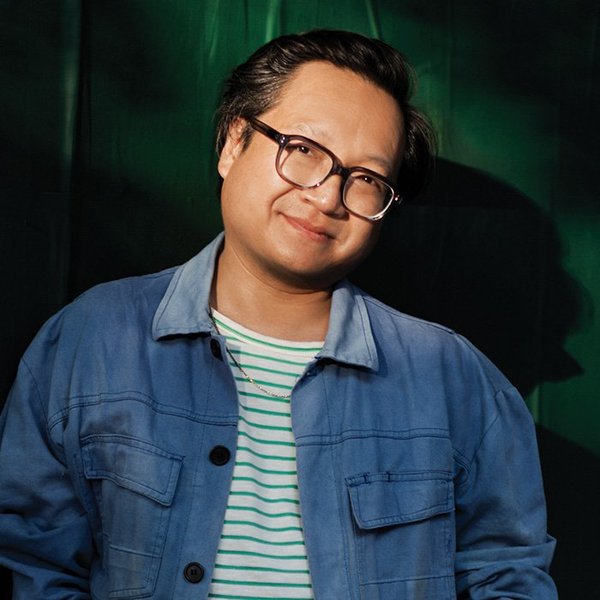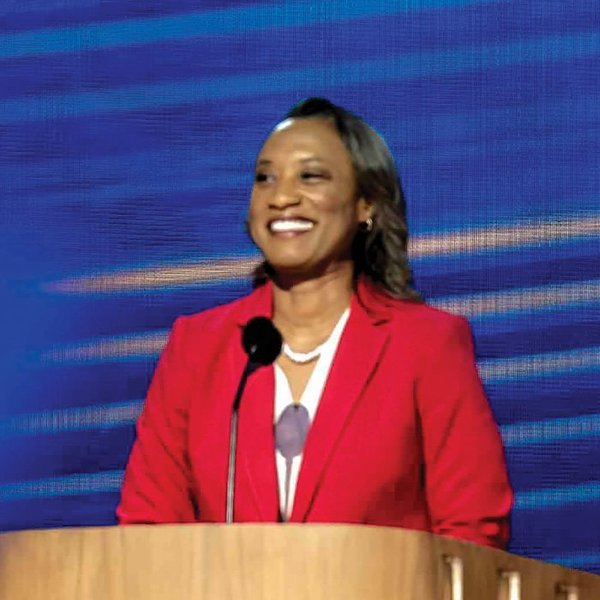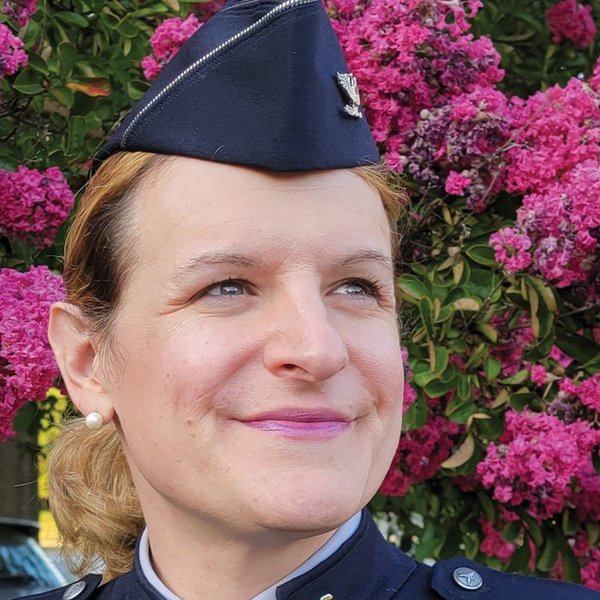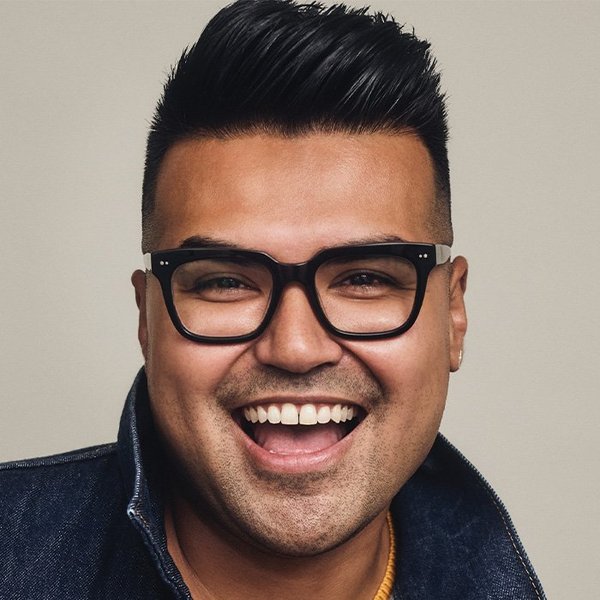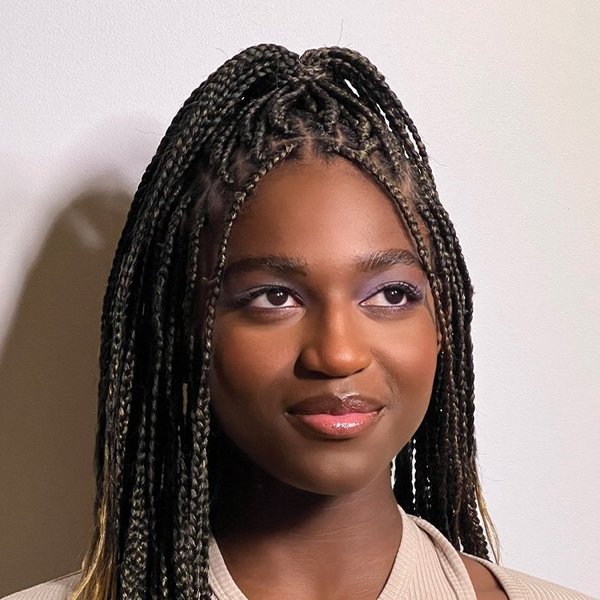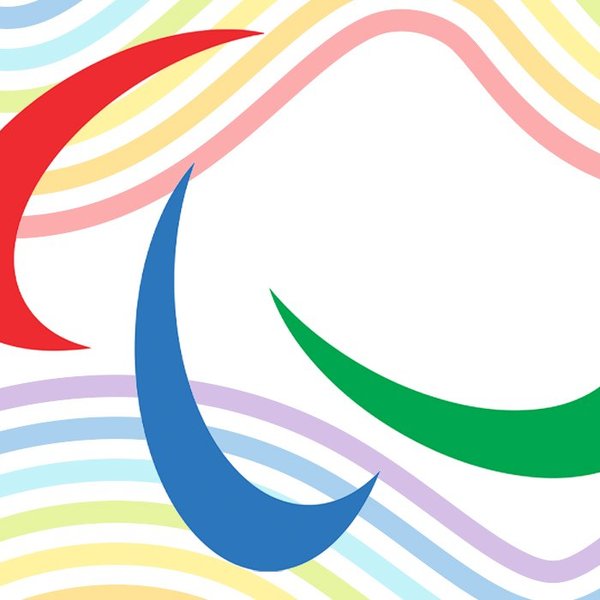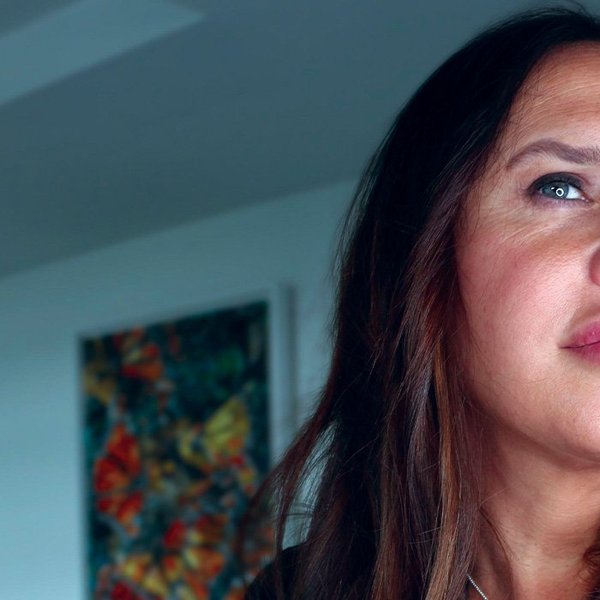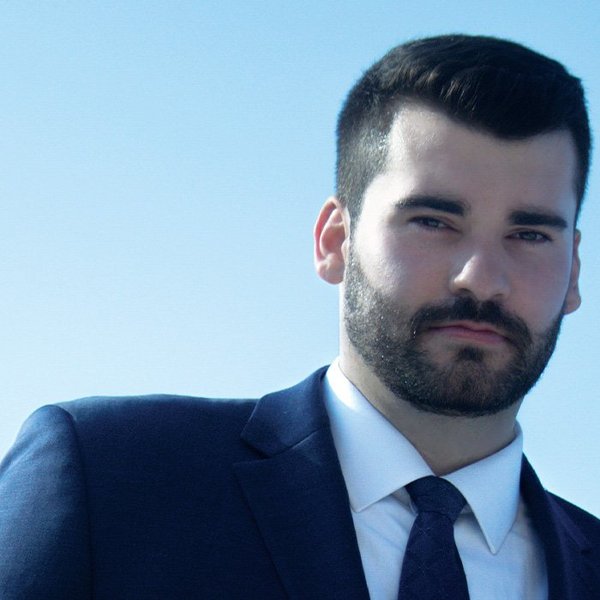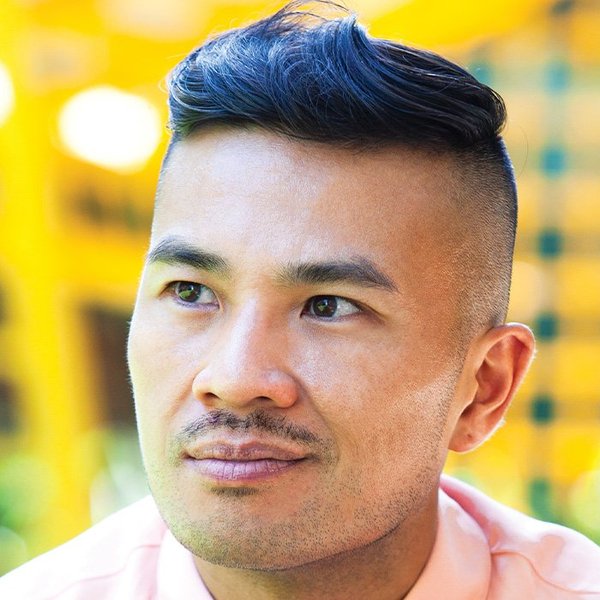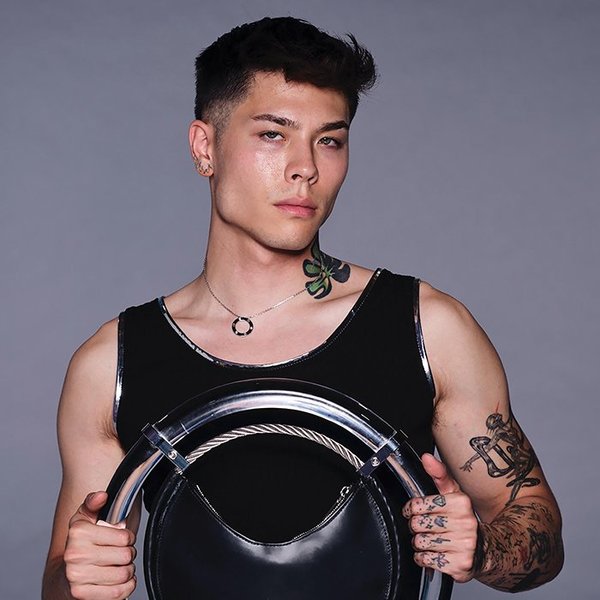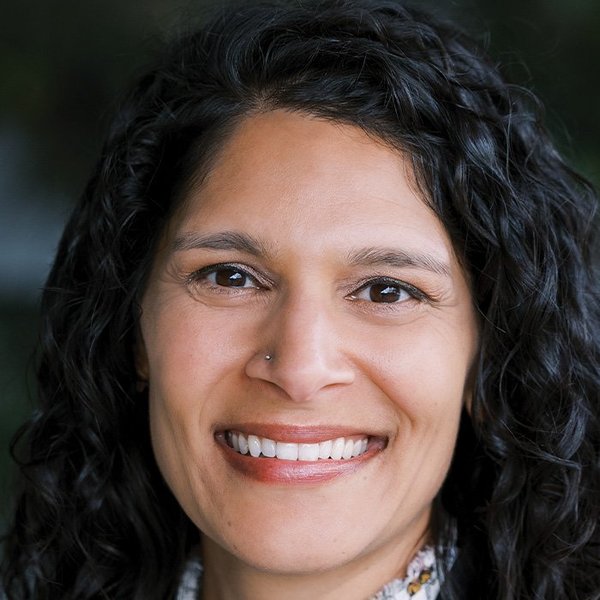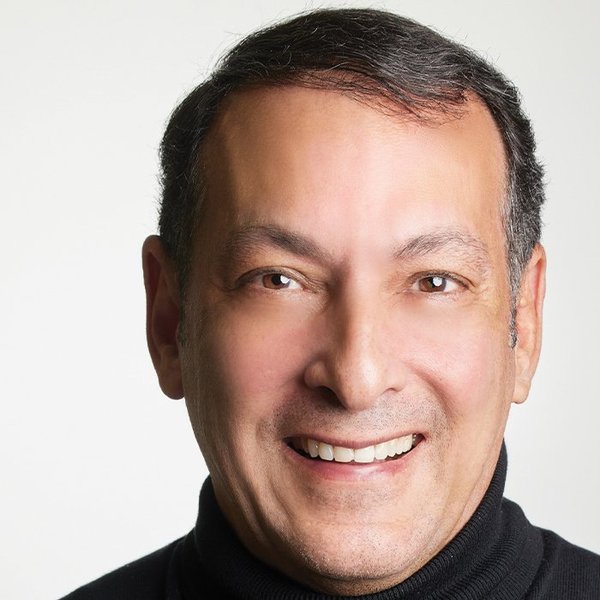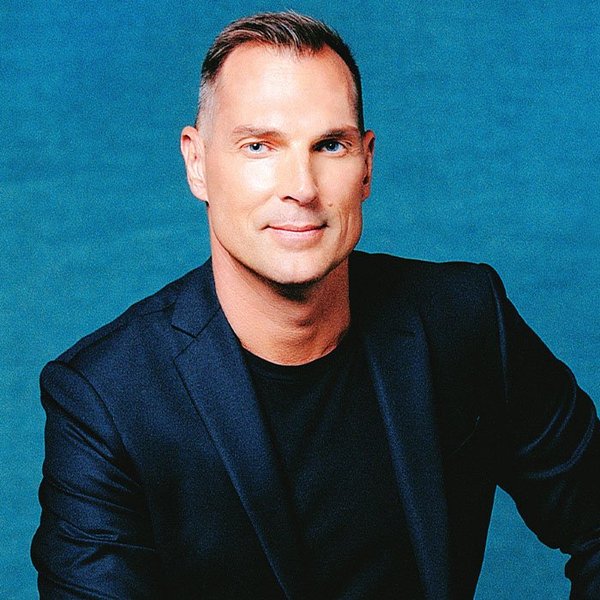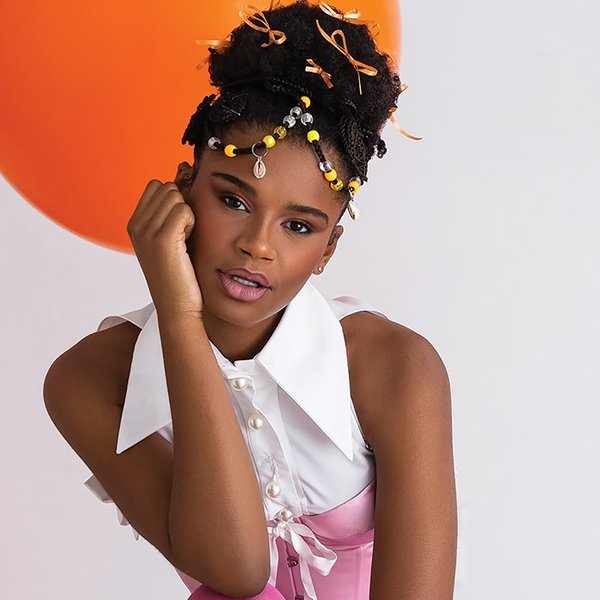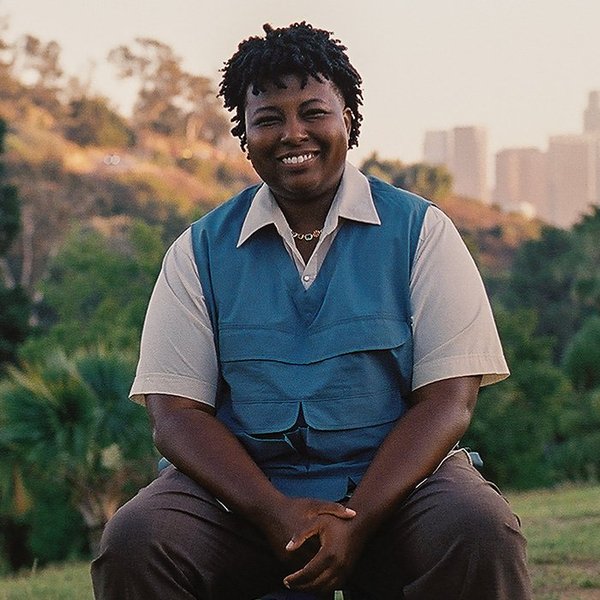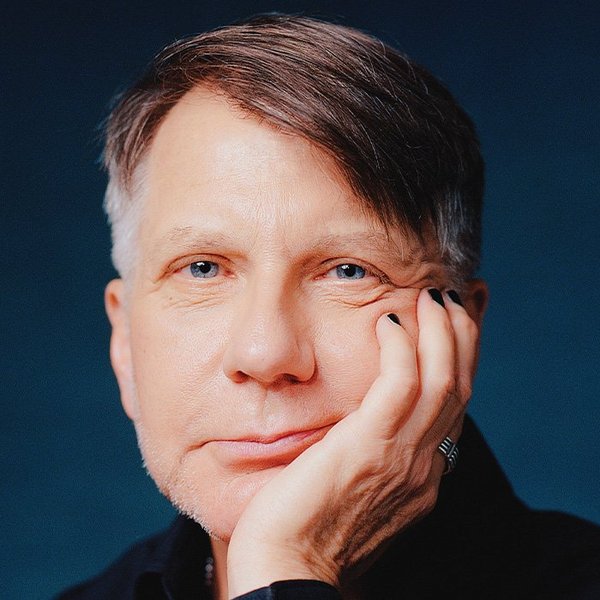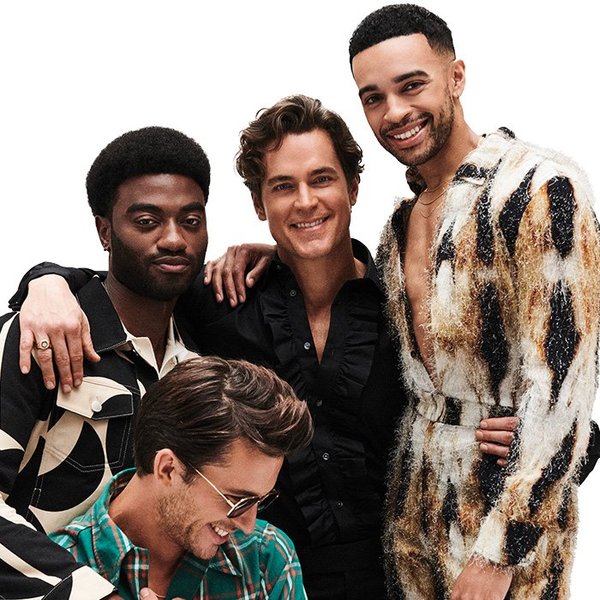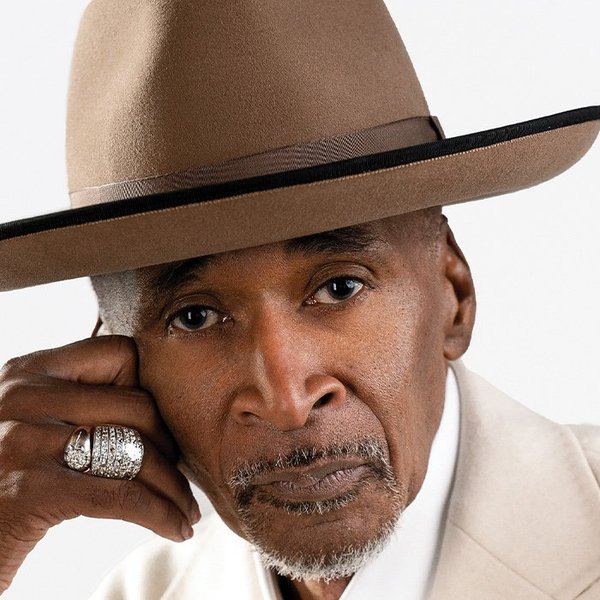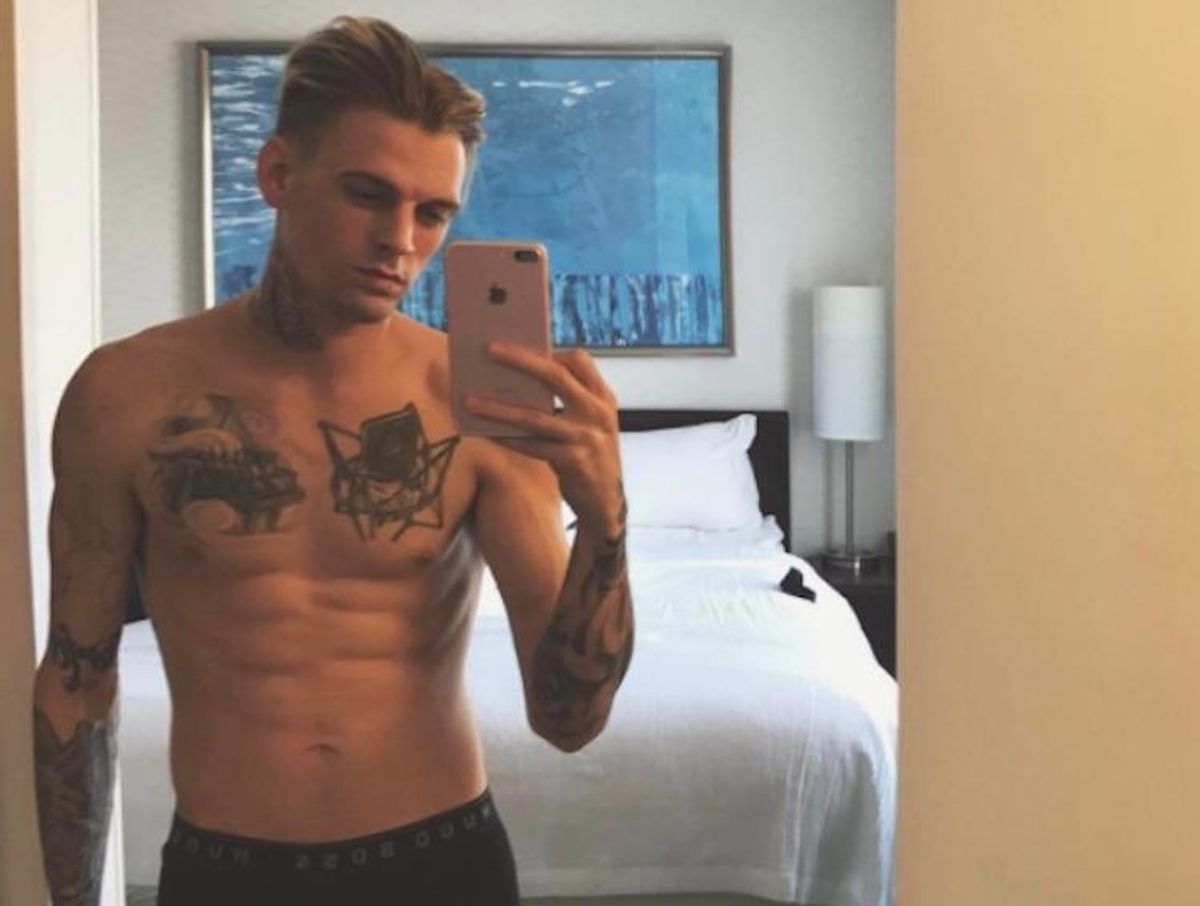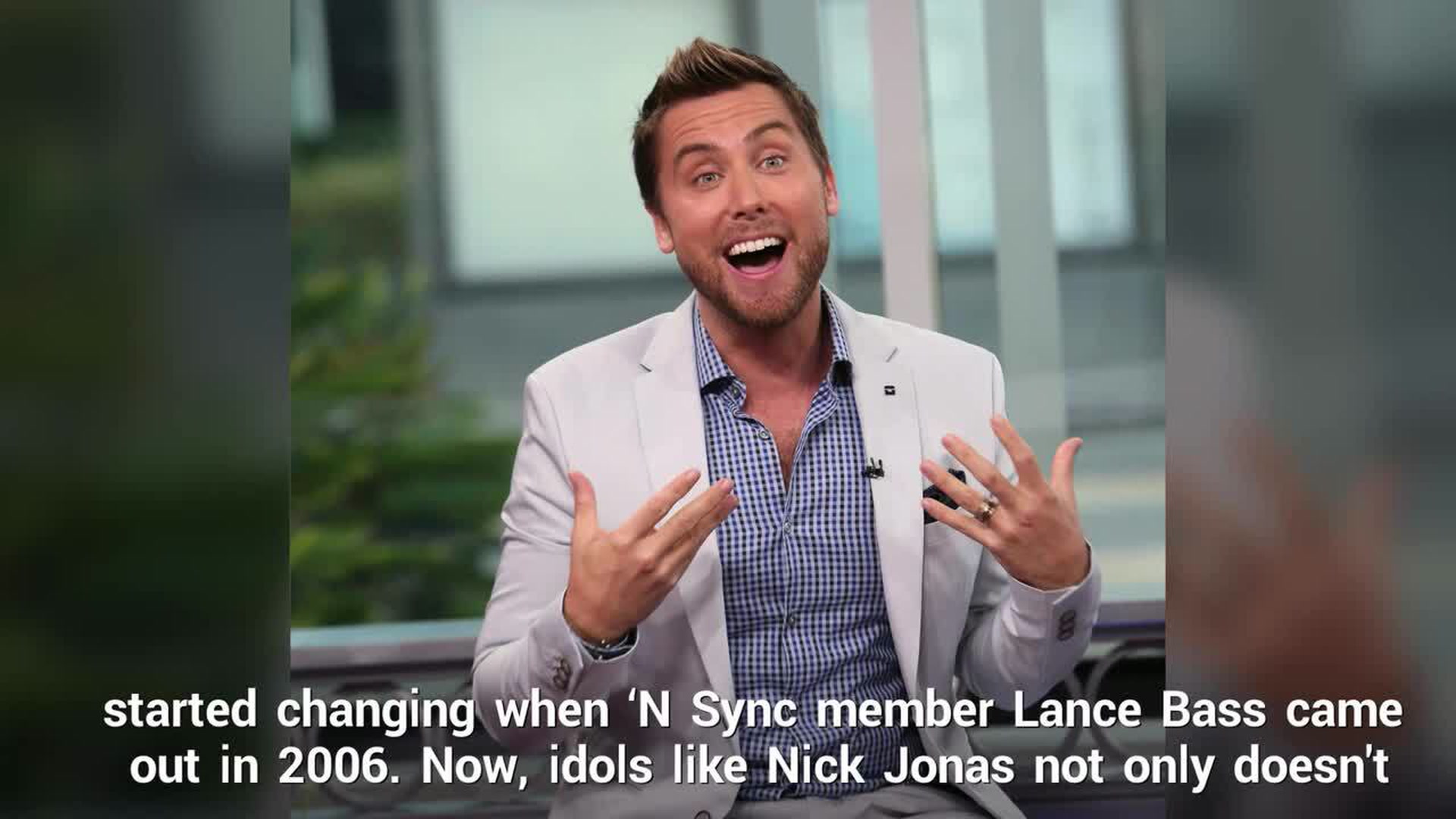
Peter Hermann On Playing Judi Dench’s Gay Son-In-Law
Plus: Gay secrets from Michael Lucas, Lea DeLaria & Perez Hilton
Photo: Andrew H. Walker/Getty Images
Philomena--the Stephen Frears-directed film about a teen mom who nasty nuns forced to give her son away--can be read as a blistering attack on certain members of the Irish-Catholic church, with some lovely digs at homophobic Republicans thrown in, too. The staunch church ladies are particularly shown having as little regard for unwed mothers as for any other types of people who've had sex and enjoyed it. But believe it or not, there's a lot of delightful banter along the way, thanks to the older, still-searching Philomena, as played by the universally revered Judi Dench.
You haven't lived until you've seen Dench saying that she knew her son was gay, "but I just wondered if he might be bicurious." She also freely utters the terms "gay homosexual" and "beard" and says she's fully aware that some guys don't like to use condoms because it doesn't feel as good. This is one instinctually savvy lady, one who seems to know most of the answers, even as she's desperately looking for them. And she makes mention of her clitoris, too!
Playing the son's boyfriend is Peter Hermann, known from Law & Order: Special Victims Unit, Broadway's War Horse, and many other projects of stage and screen. In his early days, Hermann taught special-ed and fact-checked at Vanity Fair before making it as an actor, bringing poignant charm to his role as the guy who fills Philomena in on some details of what her son represented. In my talk with Peter, we may have dabbled in some filmic SPOILERS, so please be aware--but I'm still quite sure you gay homosexuals will get a kick out of every word.
Musto: Hi, Peter. Your character, Pete Olson, was very much in love with Philomena's son.
Peter Hermann: The first time you see the relationship portrayed is through a photo of the two of us together. I like the way that photo came out. It looks like two people who are very, very happy.
And it's so great that Philomena is perfectly OK with all that.
I love the way she receives her son. It's such a non-event for her. I say "receives" instead of "embraces" because there's slightly less fanfare to the word. "Embraces" is saying too much, like it's this magnanimous act on her part. It's just not. I like the way that's portrayed. The way it registers with her is beautiful.
But not every character is quite so accepting. What is the film's point of attack, in your eyes?
Hypocrisy, and falsehood in the way that God is represented on this earth. The justifying of personal rage with a religious stance. In the sense that someone says, "Women who have had babies out of wedlock deserve to suffer and sometimes even die." I have respect for the fact that somebody believes that is not right.
Speaking of the divine, what was it like to work with Judi Dench?
Very well put.
Thanks. I'm great at segues.
I've told people she was one of the three most-compelling people I've ever met. [Peter's wife, the famed Mariska Hargitay, is one of the other two. He couldn't remember the third one, so they couldn't have been that compelling, LOL.] I don't know that I've been around someone who is that authentically curious about life and available to what and who is around her. Not at all in a way where you get a sense that she's chosen this as some winning way to be: "This is the face I'm going to present to the world because it's charming." She is disarmingly authentic. It's simply the way she is. Not to say it doesn't cost her. Her degree of openness is probably not the easiest way to exist in the world. When Stephen Frears would give her a note, she was so curious as to how that point would translate into what she does next. She was genuinely interested--and deeply playful, in the best way. And so good at what she does.
So what you're saying is she was a total bitch, right?
Very difficult. [laughs]
Well, there's one thing that makes me curious. Your other favorite person, Mariska, has said that she fell in love with you when you went to church together. Explain, please.
I invited her to church. That was our official date.
So sexy.
[Laughs] She sat next to me and cried. I thought, "I wonder why she was moved." She told me afterward that she was thinking, "I think I'm gonna marry this guy." I'll take that over being moved by the sermon. It was a sermon on beauty.
So you're religious?
I am. I've gone through phases. As with any relationship, my relationship with God ebbs and flows and changes and deepens and becomes more complex. There are things that open up to me that I didn't know before. There's an expression, "If you feel far away from God, guess who moved?" That's one of the things I like about the movie so much. There are people with deeply different faith positions. If you live as an atheist or agnostic, that's still a faith position. We divide the world into those who have faith and those who don't, but they're conflicting faith positions. That's what we have in the movie. You get the sense that these people [Philomena and the journalist helping her on her quest, played by Steve Coogan] have deeply affected each other and challenged the way they think. That's a beautiful thing to portray.
If you asked people if forgiveness is a good thing, 99-perccent would say yes. Or grace--a slightly less fraught word. And yet, the moment when we see this act of grace on Philomena's part, when she forgives the nun, you're outraged, and that's such a cool thing to play. We want grace to be extended to us, but when we see it in the face of an egregious act, we're like, "Wait a minute."
I actually wasn't outraged by it at all. It's nice to be in the 1-percent for a change. Congrats on the movie, Peter. Thanks for respecting my faith position.
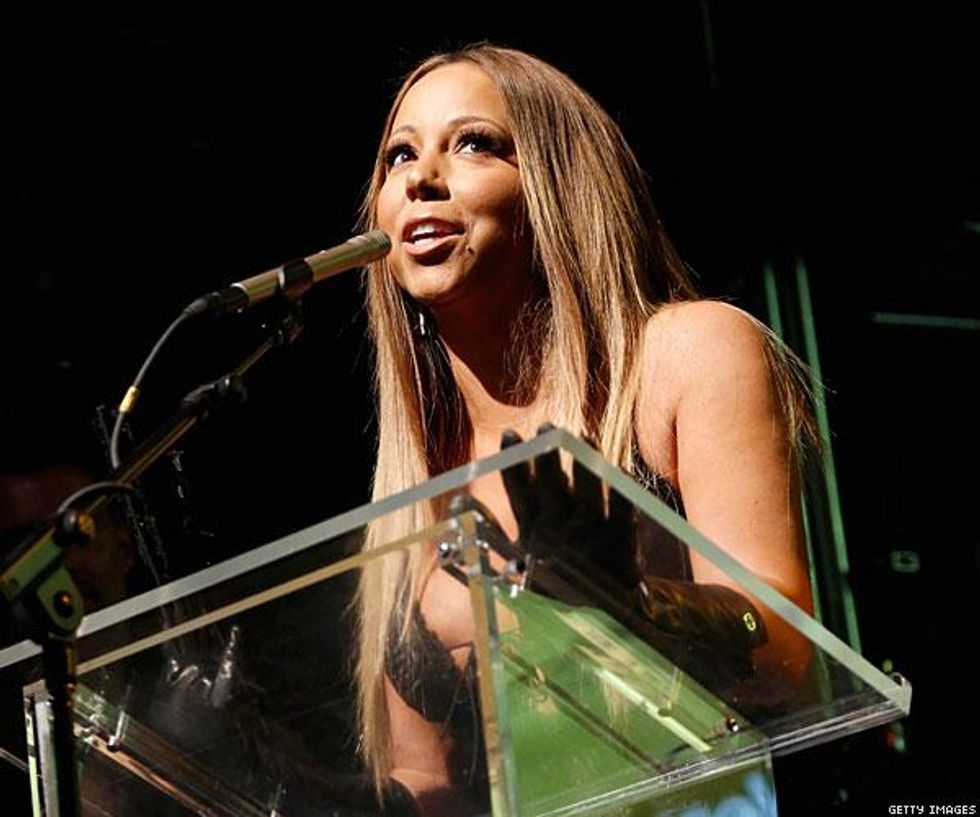
And now back to those of us who play LGBT characters every moment of the tutti frutti year. The Out100 celebration at the vast Terminal 5 the other night was a joyous concatenation of accomplished folk being honored by their queers, I mean their peers, in the midst of the highest level of gay schmoozing since the last Oscars. All night, I prowled the amazing crowd, getting quotes from the honorees, their admirers, and their exes, and here are the gemlike conversational gambits I came up with:
What's Michael Lucas's favorite kind of gay? "The kind I can easily take advantage of," the porn titan told me, without pausing. Do satirical rapper Cazwell's fun videos (like his latest, "No Selfie Control") help his career? "It is my career," he replied, sensibly. What's happening in honoree Lea DeLaria's life, pray tell? "Many, many meetings," she informed me. "I'm not disclosing anything at the moment." "Are you the new face of Clairol, perchance?" I smirked. "Well, I'm the new face of Saint Harridan," she said, showing off a fab ensemble by that designer of suits for women. What drag queen is Perez Hilton most taken by in NYC? "Jinkx Monsoon," he answered, enthusiastically. (I knew he wasn't going to say Lady Gaga.)
And there was Jinkx himself two fabulous feet away, so I asked the drag star (who made the Out100 list) if he ever wanted to be a woman. "No," said Jinkx, "I just wanted to get to wear women's clothes." "What's your favorite kind of gay?" I repeated the same to the Gayletter editors, Abi Benitez and Tom Jackson? "A bottom," blurted Abi. Same question for radio host Stephanie Miller. "You!" she responded. "Fun and fabulous!" Finally, the correct answer. I thought it would never come.
And is honoree David Knapp, who was dismissed as a Boy Scouts volunteer in the '90s when they learned he was gay, happy with the Scouts' new policies? "It's half a loaf," he said, "and it never would have happened without the efforts of myself and the other people rallying against them all these years." If Stephen Frears ever wants to direct a male answer to Philomena, this is definitely the story.
Some fascinating stuff was happening onstage too, especially when Lee Daniels accepted his honor with a moving pretaped speech, and then Mariah Carey oozed out in the flesh and paid tribute to her director from Precious and The Butler. "I don't know why they asked me to be here," she smiled, "but my boobs have been out for years!" And speaking of exposed body parts,Jonathan Groffand his castmates presented exclusive clips from HBO's upcoming Looking series, Groff murmuring, "I'm afraid my penis is gonna be on the screen right now." It wasn't, but I'll definitely be, you know, looking. Cheers, big ears.









